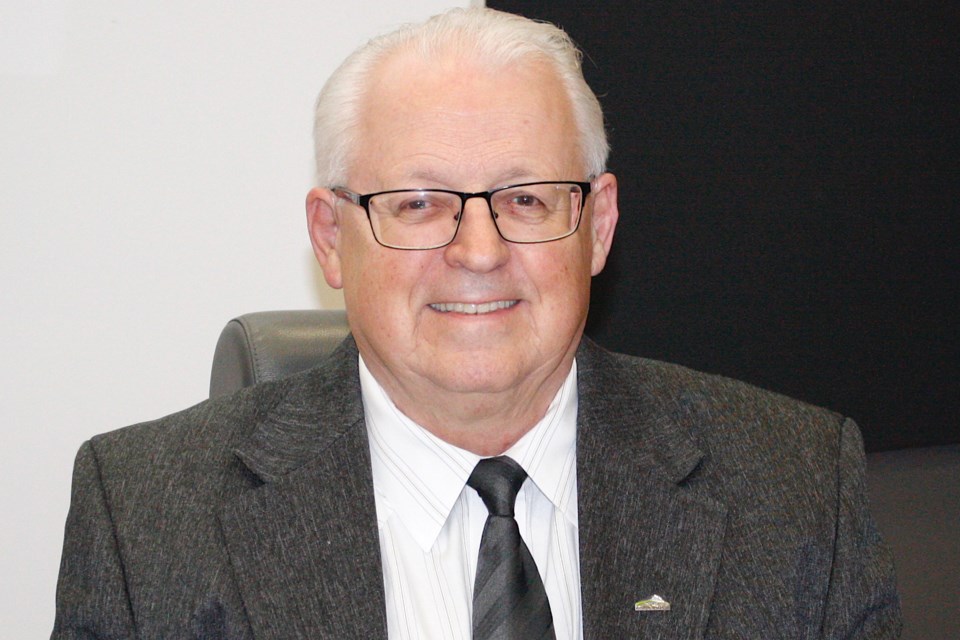SUNDRE – The municipality’s mayor expressed uncertainty about legislation tabled by the province that would require any provincial entity to seek the Alberta government’s approval prior to signing any funding agreements with the federal government.
“We all want options for funding,” said Richard Warnock.
The Alberta government, which despite boasting the province’s largest-ever cabinet has endeavoured to cultivate a reputation for seeking to reduce red tape and needless bureaucracy, is potentially set to introduce additional layers of paperwork that would force provincial entities that are seeking funding agreements with the federal government to first go through the provincial government.
Premier Danielle Smith, who tabled the legislation on April 10, said the measure is intended to defend provincial jurisdiction.
Alberta Municipalities president Tyler Gandam expects the new law could herald a big impact on municipalities throughout the province, and expressed disappointment that the provincial government did not consult with municipalities before introducing the act.
Since 2011, the amount of infrastructure funding municipalities receive from the province has fallen from about $420 per resident to about $186, according to ABmunis.
Although Warnock said he needed to further familiarize himself with the new legislation, Sundre’s mayor said when reached for a response, “I do know that the provincial government is concerned with the federal government stepping on their toes and creating issues when dealing directly with municipalities” over issues such as affordable housing developments.
“I have two concerns,” he said.
“The first concern is whose jurisdiction is it, really. Because if it’s federal, then it’s federal. If it’s provincial, it’s provincial. I do believe it is not municipal,” he said.
“The second concern I have is if this goes into a fight, where do we get the money? If the feds want to give it directly to a project but Alberta says, ‘No, you got to go through me’ so then it goes into a long, long battle to get that decided, and the project doesn’t go ahead.”
When asked whether he supports the legislation, Warnock said he couldn’t speak for or against it. But in response to being asked if the legislation wasn’t simply more red tape and government overreach from a party that supposedly challenges red tape and government overreach, he said, “Red tape reduction is of course a mandate municipalities like Sundre are doing a good job with; the provincial government, maybe not so good.”
“The provincial government is questioning the federal government as to why they’re going to give this funding out (for affordable housing) and then add another layer of redundancy on to it,” he said.
“There’s many, many times when we hear budgets come out that say we’re going to put millions of dollars towards projects. And then 10 years later, the project never happened.”
He also expressed a reluctance for municipalities to bypass the provincial government when requesting grant funds for a project as that approach could undermine provincial approval processes.
However, responding to a question about whether municipalities or other provincial entities should not at least have available the option of seeking federal support in the event provincial assistance comes up short, he said, “We all want options for funding.”
“If the province of Alberta says, ‘You can’t have funding for this, we don’t have it in our budget but we can work with the feds to get you the money,’ that’s working as a team,” he said, adding that left without recourse for action, municipalities will in the face of being denied provincial funding turn to the federal government for alternate sources of funding.
And the last thing anyone needs, he said, is more political chicanery that hampers any and all progress.
“I am concerned that we will turn this into a long-term, multi-year dispute,” he said.



